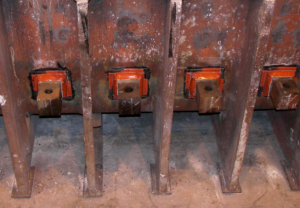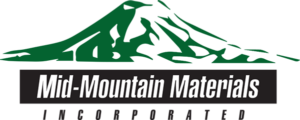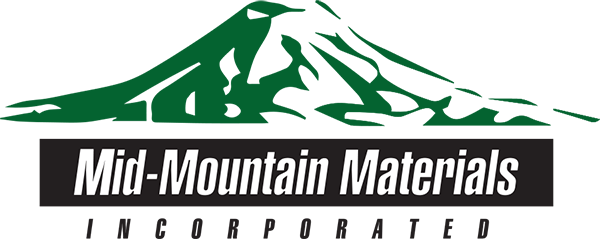Problems Faced by Aluminum Smelters in the Production of Seals for Reduction Cells
A persistent problem faced while aluminum reduction cells are sealed is creating and maintaining a hermetic seal for the entire service life of the reduction cell where the cathode bars penetrate the side wall of the reduction cells. Failure of the hermetic seal may occur due to any one of the following reasons:
- Spalling and cracking of hard refractory sealing materials
- Mastic products due to chemical attack of the hydrofluic acid atmosphere
- Overtime with the shrinkage and settling of ceramic fiber
- An oxidation environment results which begins the gradual degradation of the reduction cells refractory and cathode lining
As a result there is a drop in the operational efficiency of the cell, which leads to the premature removal of the reduction cell. In some situations, there may be a complete degradation of the cell, resulting in full bleed out of the pot. This type of degradation can lead to electrical damage and other safety risks.
THERMOPAK® External Cathode Bar Seals from Mid-Mountain
THERMOPAK® External Cathode Bar Seal Boots are the first ever external seals that have been designed to protect against multiple points of attack which typically destroy all other sealing methods, such as abrasion, heat, chemical attack, blind installation failures, expansion and contraction issues and leaking cells. The THERMOPAK® External Cathode Bar Seal Boots do not need steel backup plates or welding, making them very quick to install.
against multiple points of attack which typically destroy all other sealing methods, such as abrasion, heat, chemical attack, blind installation failures, expansion and contraction issues and leaking cells. The THERMOPAK® External Cathode Bar Seal Boots do not need steel backup plates or welding, making them very quick to install.
The patented THERMOPAK® External Cathode Bar Seal Boots from Mid-Mountain Materials, Inc. are a four part composite design that work in tandem to protect reduction cell seals from multiple stresses. The design of the seals ensures good performance throughout the working lifecycle of the reduction cell.
• The proprietary ARMATEX® SBQF 100 from Mid-Mountain forms a semi-rigid frame of the seal and protects from chemicals, heat and abrasion.
• The ARMATEX® TAF 18 outer seal fabric component acts like a hermetic seal, and prevents chemical attack in a hydrofluoric acid environment, but allows the movement due to heat expansion of the cathode bar during the start-up phase of the reduction cell.
• The THERMOSEAL® 1000SF cement component forms a strong lifetime bond between the seal boot and the sidewall of the reduction cell, providing room for the expansion movement during the start-up of the cell.
• The last component of the seal, the THERMOSEAL® M22 pumpable moldable, fills the gap of the seal boot, thus protecting the hermetic seal of each THERMOPAK® Cathode Bar Seal Boot and insulating all the cathode bar penetration points.
THERMOPAK® Tray Pads

Assessing the Effectiveness of Tray Pads
A comparison of the amount of scrap generated on bare trays against padded trays is a direct measure of the effectiveness of tray pads. The tray pads have been the focus of multiple Kaizen events focused on evaluating the effectiveness of tray pads in minimizing the in house scrap produced by denting or surface contact abrasions and ‘bruising’ of aluminum. It has been determined through Kaizen analysis of padded versus non-padded trays that aluminum scrap is significantly reduced by over 60% on padded trays versus non-padded trays.This results in a significant cost savings as well as increased production for our tray pad customers.
Tray Pads from Mid-Mountain Materials
Based on the type of usage and the temperature needs indicated by the customer, Mid-Mountain provides four standard types of tray pads:
- ARMATEX® QF40 Clear Tray Pad – Highly durable and rated for use at 1000°F • 538°C.
- FIRESTAR® 35 Tray Pad– Cost effective tray pad suitable for use at temperatures up to 1000°F • 538°C, short term exposure up to 1500°F • 815°C.
- HYTEX® 1400 Tray Pad – Rated for use at 1400°F • 760°C and employed in high temperature applications like annealing furnaces.
- HYTEX® 700 Tray Pad – has the highest durability among the four types and employed for aluminum at temperatures up to 450°F • 232°C.
THERMOPAK® Fabricated Seals, Blankets and Curtains are manufactured to be used as thermal insulation barriers in high-resistance, temperature applications, chemical resistant applications, emission minimizing applications and abrasion resistant applications. Mid-Mountain is an experienced manufacturer of fabricated parts that are used in a variety of industries, such as aerospace, transportation, petrochemical, welding, automotive, power generation and aluminum.
As a vertically integrated company, Mid-Mountain provides customers with the benefit of shorter lead times and competitive pricing. A broad materials base, featuring continuous operating temperatures from 400°F • 204°C to 5000° F • 2760°C (no oxygen present), means Mid-Mountain can manufacture to unique specifications for a variety of applications.

